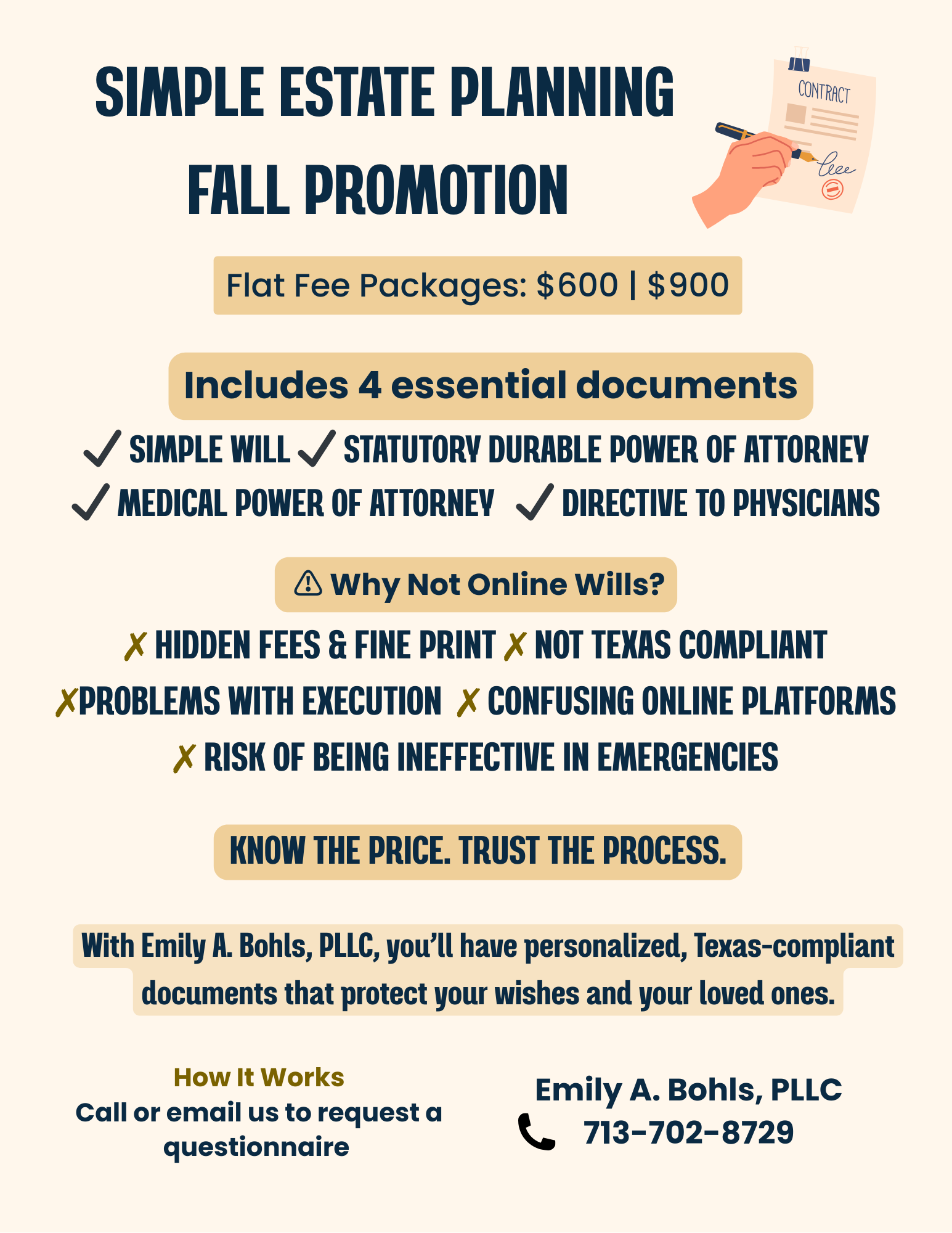When two or more people co-own real estate in Texas and cannot agree on how to manage or divide the property, a partition lawsuit may be necessary. This type of legal action allows a co-owner to request that the court divide or sell the property and distribute the proceeds. Below, we explain what a partition lawsuit is, how it works in Texas, and what steps are involved in filing one.
What Is a Partition Lawsuit?
A partition lawsuit is a legal process used when co-owners of real estate cannot agree on what to do with the property. This often occurs in situations involving inherited property, investment properties, or jointly owned homes.
There are two types of partition actions in Texas:
- Partition in kind – The property is physically divided among the co-owners. This is more common with land or large tracts of property.
- Partition by sale – The court orders the sale of the property, and the proceeds are divided among the co-owners based on their ownership interests. This is more common with homes or properties that cannot be easily divided.
Filing a partition lawsuit in Texas can be necessary when one or more owners refuse to sell, make decisions, or cooperate in managing the property.
Consult With an Attorney
Before filing a partition lawsuit, speak with a qualified real estate attorney.
At Bohls Law, we assist property co-owners in Houston, New Braunfels, and throughout Texas with real estate disputes, including partition actions. A partition lawsuit can be time-consuming and complex. An attorney can help you understand your options, file correctly, and avoid costly mistakes.
Contact Bohls Law today to schedule a consultation.
Step-by-Step: How to File a Partition Lawsuit in Texas
Filing a partition lawsuit involves several legal steps. Below is a general outline of the process.
Step 1: Verify Ownership
Before filing, confirm that you are a co-owner of the property. You must have legal documentation showing your ownership interest, such as a deed, will, or court order. If the ownership details are unclear, a title search may be necessary.
Step 2: Attempt to Reach an Agreement
Courts prefer that co-owners resolve property disputes outside of court when possible. If all parties agree to sell or divide the property voluntarily, a lawsuit may not be necessary. However, if one or more co-owners refuse to cooperate, you may proceed with filing.
Step 3: File the Lawsuit in the Correct Court
To begin the process, file a partition lawsuit in the district court of the county where the property is located. The lawsuit must include:
- Legal description of the property
- Names and contact information of all co-owners
- Documentation of each owner’s interest in the property
- A request for either partition in kind or partition by sale
An attorney will draft and file the petition on your behalf and ensure all procedural requirements are met.
Step 4: Serve Notice to All Co-Owners
Once the lawsuit is filed, all co-owners must be officially notified. This is typically done through formal service of process. Each party will have the opportunity to respond and present their position to the court.
Step 5: Court Evaluates the Property
The court will review the case and decide whether the property can be divided fairly or must be sold. In some cases, the court may appoint commissioners to assess the property and recommend a method of partition. If the property cannot be practically or fairly divided, the court will usually order a sale.
Step 6: Property Is Sold or Divided
If the court orders a sale, the property will be sold—often at a public auction or through a court-appointed receiver. Once sold, the proceeds are divided among the co-owners based on their legal ownership percentages.
If a physical division (partition in kind) is ordered, each co-owner will receive a portion of the property, as determined by the court or commissioners.
Can I File a Partition Lawsuit Without a Lawyer?
Yes, you can file a partition lawsuit without a lawyer in Texas. However, the process involves legal filings, court procedures, property law, and sometimes complex ownership issues. Mistakes can delay the process or result in an unfavorable outcome.
If you are asking, “Can I file a partition lawsuit without a lawyer?” consider the risks involved. A real estate attorney can help you navigate the process efficiently and protect your legal rights. In many cases, hiring legal counsel can save time, reduce stress, and increase the likelihood of a fair outcome.
Speak to a Real Estate Attorney in Texas
At Bohls Law, we represent individuals in Houston, New Braunfels, and surrounding areas in partition actions and other real estate disputes. We understand the legal and personal challenges that come with co-ownership and are here to help you resolve the matter efficiently and legally.
Contact Bohls Law today to schedule a consultation and discuss your options for filing a partition lawsuit in Texas.

